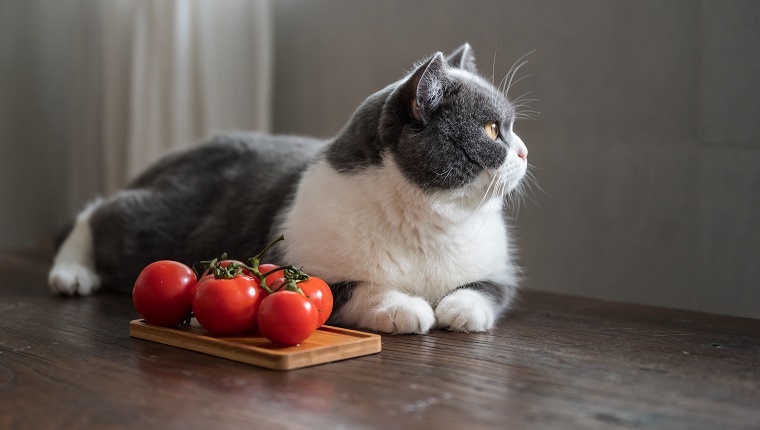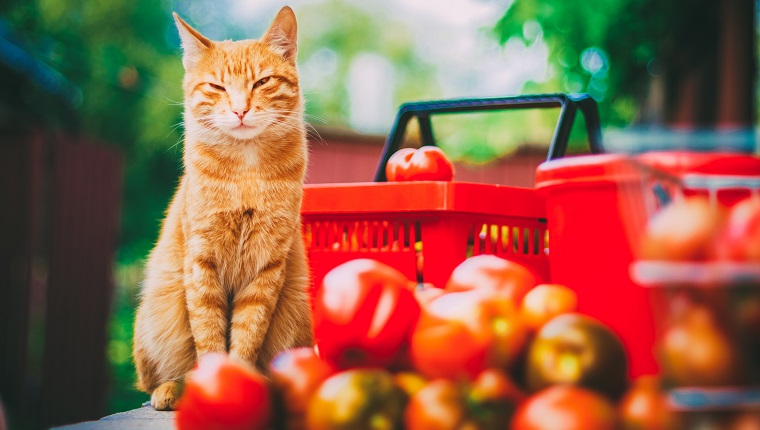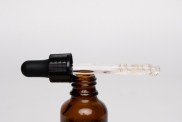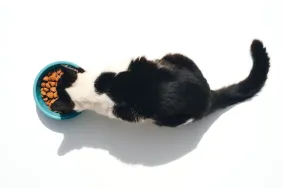Can cats eat tomatoes? Maybe you’ve wondered this if your cat begged for a bite while you were chopping up some tomatoes to add to a fresh salad or making red sauce. If humans can eat tomatoes, can cats safely eat it too?
The short answer is generally no, cats can’t safely eat tomatoes; however, a small piece of a ripe tomato should not adversely affect your cat. That said, the American Society for the Prevention of Cruelty to Animals (ASPCA) lists tomato plants and unripe tomatoes as being toxic to cats.
There are also a number of problems with commercial tomato products and sauces that make them unsuitable for cats.
Here’s what you need to know about tomatoes and cats.
Why Are Tomatoes Bad For Cats?
The tomato plant is considered to be toxic to cats by the ASPCA. This is due to the presence of substances called solanine and alpha-tomatine, which are both harmful to cats.
Some of the most common symptoms that solanine and alpha-tomatine can produce in a cat include:
- Loss of appetite
- Weakness and lethargy
- Heart rate slowing down
- Salivating excessively
- Major gastrointestinal issues
Tomato leaves and stems should be considered unsafe for cats, as well as unripe tomatoes. But it’s worth noting that the ASPCA considers fully ripe tomatoes to not be toxic to cats.
Beyond the actual tomato plant, commercial tomato-based products are not usually suitable or safe to feed to your cat. Many red sauces have extra salt, garlic, and onions added to them, all of which can be harmful to your cat.
What Should I Do If My Cat Eats Tomatoes?

If your cat only ate a small amount of ripe tomato, they should be fine. Just watch for any unusual reactions and report them to your veterinarian.
However, if you notice that your cat has managed to eat some unripe tomatoes or part of a tomato plant, it’s imperative that you monitor them closely for any of the common symptoms listed above.
If you witness your cat eating tomatoes, save a small sample of the fruit or the plant to show your veterinarian. This can help them confirm the extent of any tomato poisoning that your cat might be suffering from.
When examining a cat for tomato poisoning, your vet might suggest taking blood and urine samples, along with feces or vomit samples. Your vet might also want to monitor your cat’s heart.
If your vet confirms that your cat is suffering from tomato poisoning, they might attempt to induce vomiting by using a hydrogen peroxide solution. Activated charcoal is also commonly used.
In cases where a cat has eaten tomatoes and become dehydrated, your vet might want to use intravenous fluids to help the feline to recover.
Has your cat ever managed to scarf down some tomatoes? Did they feel okay afterward? Let us know in the comments below!









